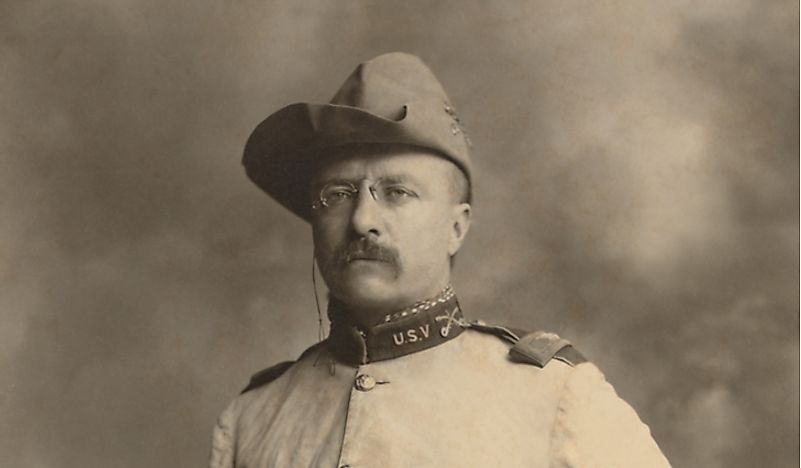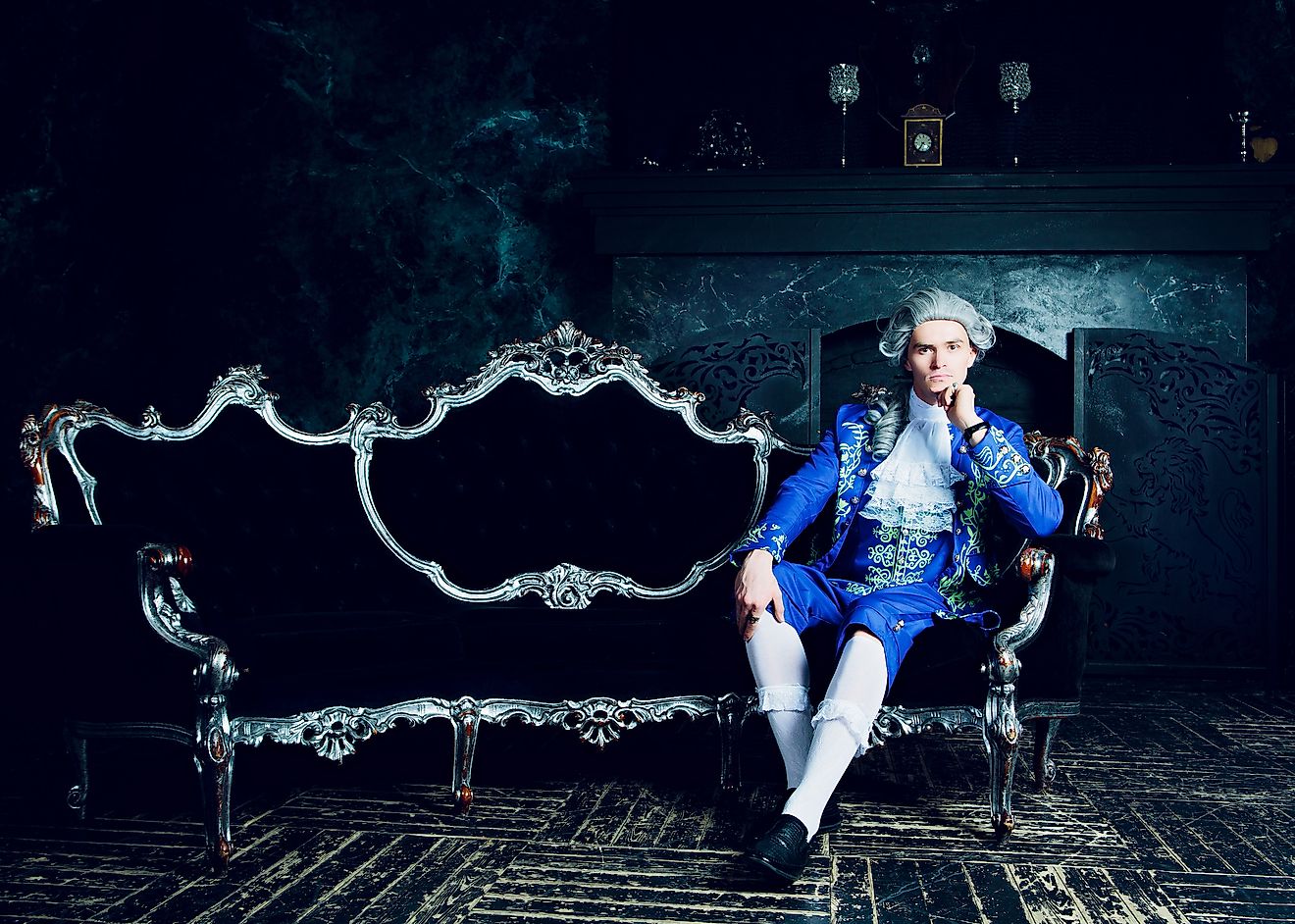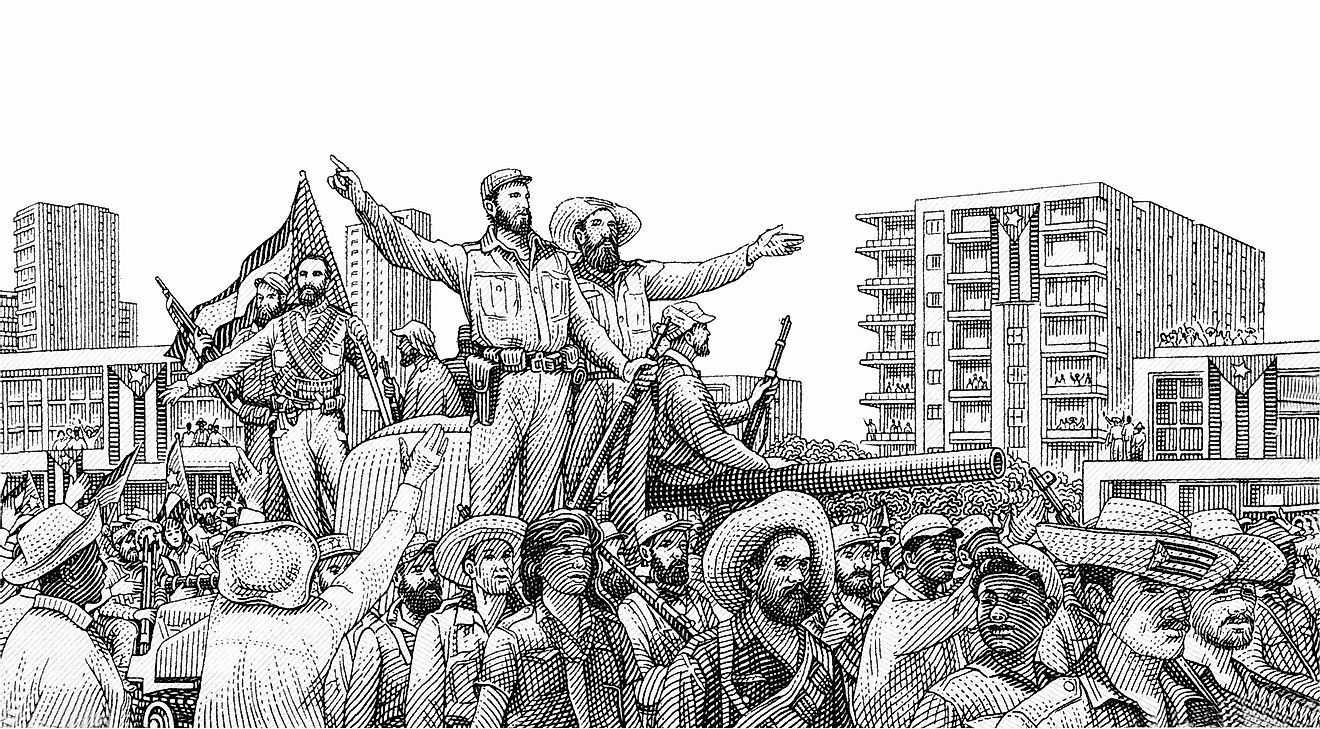Teddy Roosevelt's Man in the Arena Speech

When a speech is well-written and resonates with its audience, it may become a staple in historical collective memory. Sometimes excerpts even make their way out of history books and into pop culture. Theodore Roosevelt’s “The Man in the Arena" speech is one such speech. Although it was delivered more than 100 years ago, it continues to have lasting impact today.
Background
Theodore Roosevelt left Presidential office in 1909 and in the year that followed, he traveled extensively and spoke to various audiences. What is today referred to by many as “The Man in the Arena” speech was delivered at the Sorbonne, in Paris, France, on April 23, 1910. The speech was titled “Citizenship in a Republic” and was 35 pages long. Roosevelt was en route back to the United States after a year-long expedition he’d taken on behalf of the Smithsonian Museum.
The speech itself covered many ideas and comments on both the New World (America) and the Old World (Europe). Roosevelt had a keen awareness of what was occurring in the world, politically.
The most oft-quoted section reads:
“It is not the critic who counts, not the one who points out how the strong man stumbled or how the doer of deeds might have done them better. The credit belongs to the man who is actually in the arena, whose face is marred with sweat and dust and blood; who strives valiantly; who errs and comes short again and again; who knows the great enthusiasms, the great devotions, and spends himself in a worthy cause; who, if he wins, knows the triumph of high achievement; and who, if he fails, at least fails while daring greatly, so that his place shall never be with those cold and timid souls who know neither victory nor defeat.”
Interpretation
The speech was clearly a synthesis of Theodore Roosevelt’s philosophy toward life. And, it is only a small excerpt from a much larger piece. In the speech, Roosevelt addresses America’s status as a still young country, the New World. Roosevelt turns to the idea of individual citizenship, however as the speech progresses it becomes clear that the motivation for action matters. He said:
“Courage, intellect, all the masterful qualities, serve but to make a man more evil if they are merely used for that man’s own advancement, with brutal indifference to the rights of others. It speaks ill for the community if the community worships these qualities and treats their possessors as heroes regardless of whether the qualities are used rightly or wrongly.”
In other words, what you do for the community matters more than individual improvement. The worthy cause then, is one that is not focused on the individual, but on the whole. We would do well to remember these words today
Since its delivery, components of “The Man in the Arena” speech have been used by politicians, pop stars, and everything in between. Richard Nixon, in fact, quotes the speech in both his victory speech (delivered November 6, 1968) and in his resignation speech (given August 8, 1974). It inspired Lindsey Stirling’s song “The Arena”, and was paraphrased by Brene Brown in her TEDx talk. Nelson Mandela gave a copy of the speech to the captain of the South African Rugby team prior to the 1995 World Cup.











